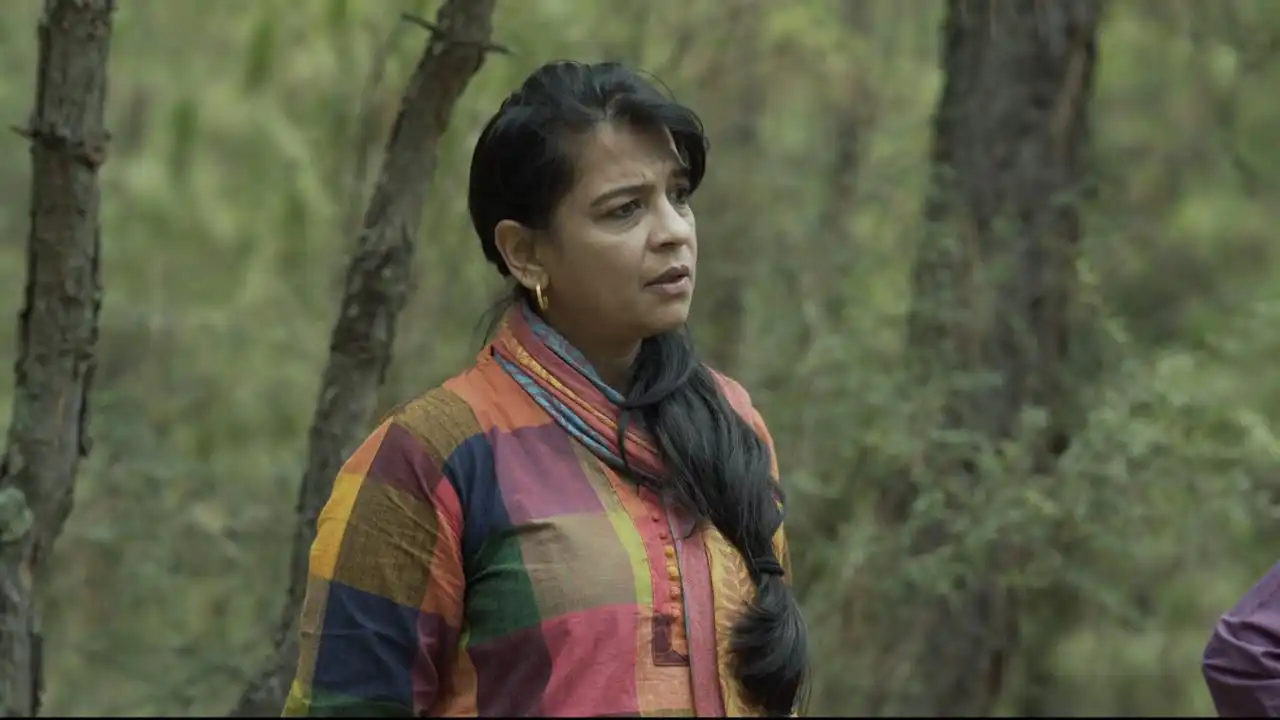Actor-producer Namita Lal’s film Oxygen is all set to release on OTT. She shares that the film is highly relevant to today’s world and tells the story of a life plagued by corruption. The actor also recently won the Jury Award for Best Actress at the Caleidoscope Indian Film Festival in Boston, USA.
“Oxygen is a story about the moral ambiguity of corruption. That is the film’s main theme,” she explains. “It connects the storyline of forest officers and the forest department in Kashmir. It was shot in the beautiful locations of Poonch and Surankote, inspired by real stories of forest officers and government officials, including my father, who contributed significantly to the storyline. My character, Nikhat, is a forest officer. She reports to the head of the department, and while she has a family, she is also closely connected to her office staff. Together, they engage in deals, with one of the biggest involving the illegal cutting of trees that are in high demand on the black market. I play a bureaucrat deeply embedded in the system, involved in this major, yet unlawful, operation. This deal is seen as life-changing for all of them,” she says.
Discussing the filming process, she notes, “The film was shot in the forests of Surankote and Poonch, where we lived in tents. It was one of the most intense experiences of my life. Being only my second film after Lihaaf, staying on a location near the Line of Control was surreal. The area is stunningly beautiful, surrounded by trees, but it’s also one of Kashmir’s most sensitive regions.”

As for her role, Namita says she felt inspired from the start. “This is a truly unique story that resonated with me on a personal level. I come from a family of bureaucrats and government officials, so I’ve seen firsthand how the system can either pull you in or push you out, often resulting in transfers if you resist. This film, inspired by a true story known to the director, hit close to home. We see low-level corruption around us, and it makes us question why people engage in it.”
She continues, “Whether it’s bribes for traffic violations, moving files, or under-the-table deals, corruption has become a means to support families, education, and dreams that can’t be sustained on salaries alone. That’s what the film addresses, and it resonates with the current situation. For instance, stubble burning in Punjab and Haryana causes severe pollution in Delhi, and similarly, in Indonesia, it affects Singapore. While some demand an end to these practices, many farmers simply can’t afford alternatives. Who supports those who lack the means to sustain their families? The film raises these important questions, and that’s what drew me to the story.”




